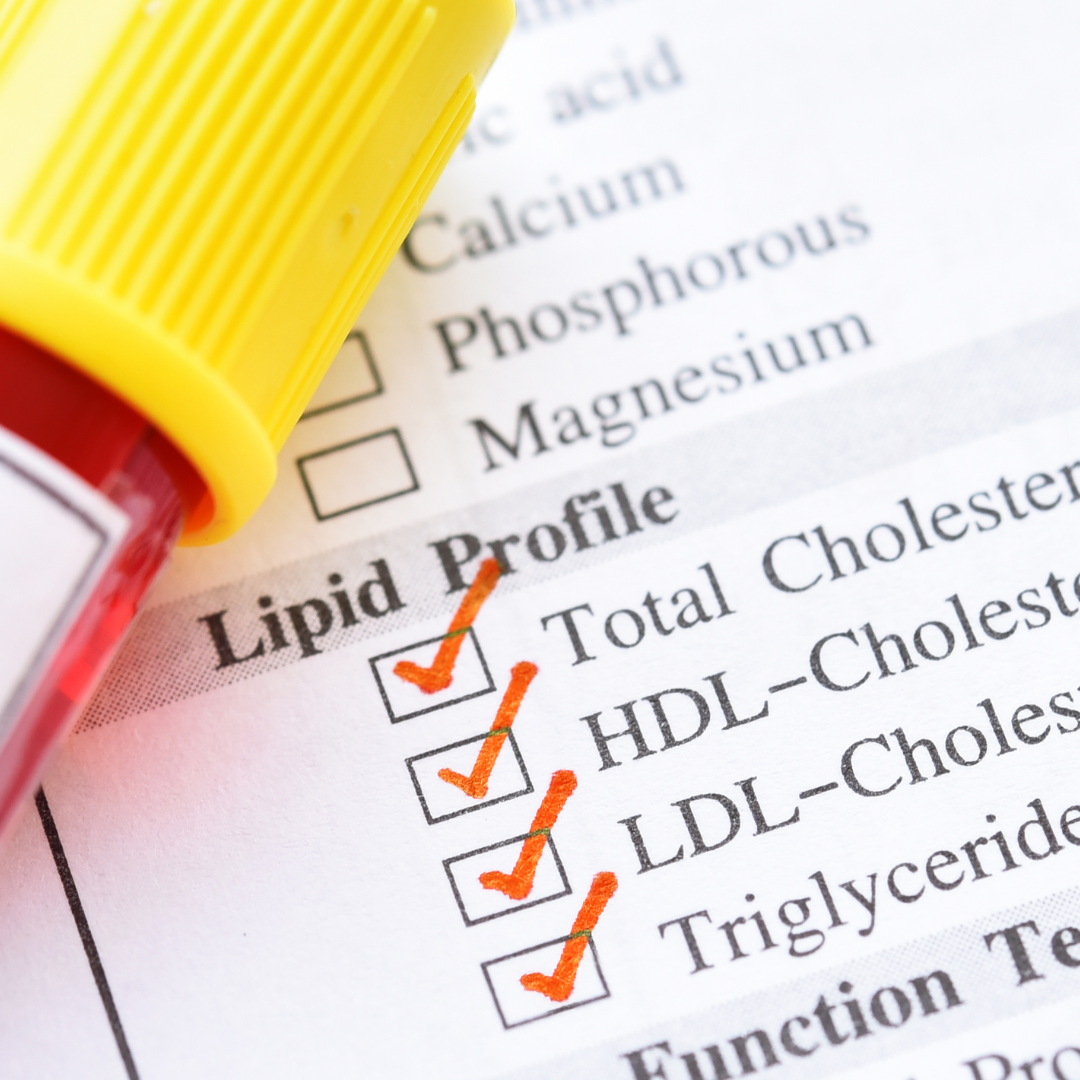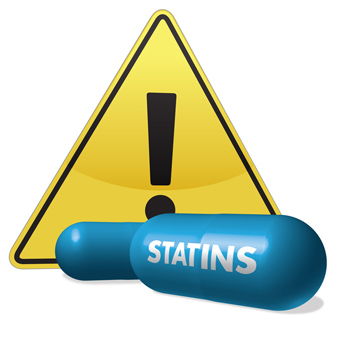People with diabetes are twice as likely to have heart disease or suffer a stroke than non-diabetics.
In fact, the American Heart Association recently issued its Heart Disease and Stroke Statistics for 2023 which found that one in three adults in the U.S. have three or more risk factors that contribute to cardiovascular disease, metabolic disorders, and/or kidney disease. This supports the likelihood that if you have diabetes, you may also be prone to heart disease.
How does diabetes contribute to heart disease?
High blood sugar levels can damage the blood vessels and nerves surrounding the heart, leading to deterioration and serious damage over time.
Texas Diabetes team of endocrinology specialists can not only help manage your diabetes, but we can monitor your heart health and assess your risk for cardiovascular disease too.
Our endocrinology experts recommend several tips to both manage your diabetes and support a healthy heart.
Five Tips to Manage Diabetes While Supporting Heart Health
1. Maintain a healthy weight. Discuss your goal weight with your physician for optimal health and remember that steady and gradual weight loss is the safest route.
2. Exercise regularly. Regular exercise, at least 150 minutes per week for adults, helps boost circulation and lower blood glucose levels. Find a sport or active hobby that you enjoy so that you’re more likely to stick with it!
3. Follow a heart healthy diet. Eat right-sized portions and try using the Diabetes Plate Method to guide your meals. Load up on brightly colored, non-starchy vegetables, lean proteins, and whole grains.
4. Look after your mental health. Effectively managing stress can help keep hormones and blood pressure in check, both of which lead to better diabetes management and heart health. Find things that help you to unwind, like walks, reading, meditation, or warm baths, and build them into your daily schedule as you would any other important activity.
5. Take medications as prescribed. Make sure you are taking all of your diabetes medications and insulin as directed by your physician to support healthy blood pressure and cholesterol levels. And stay on top of all your numbers that you should be regularly monitoring, such as your A1C, blood glucose levels, and blood pressure.
In addition to managing your diabetes, we can help assess your risk for cardiovascular disease so that we can best determine your treatment.
Heart Disease Prevention at TD&E
At Texas Diabetes and Endocrinology, we conveniently offer cardiovascular risk assessment testing in our clinics which includes:
- Advanced Lipid Test: this diagnostic evaluates more than traditional testing (cholesterol, LDL & HDL) in order to measure abnormal lipid levels that are often missed
- Coronary Artery Calcium (CAC) Test: this is a non-invasive procedure similar to an X-ray that detects calcium/plaque in the arteries that feed your heart which can help diagnose coronary artery disease before showing signs or symptoms
Our physicians and advanced practice providers are trained in lipidology and have extensive experience in treating cholesterol disorders.
Contact Us Today to Learn about Managing Diabetes and Preventing Heart Disease
If you’d like to schedule an appointment with Texas Diabetes and Endocrinology and discover how our diabetes treatment and heart prevention services can help you, contact us at (512) 458-8400 or request an appointment online.
Don’t forget to follow us on Facebook and Instagram and check back with us each month as we provide you helpful wellness and health information.





